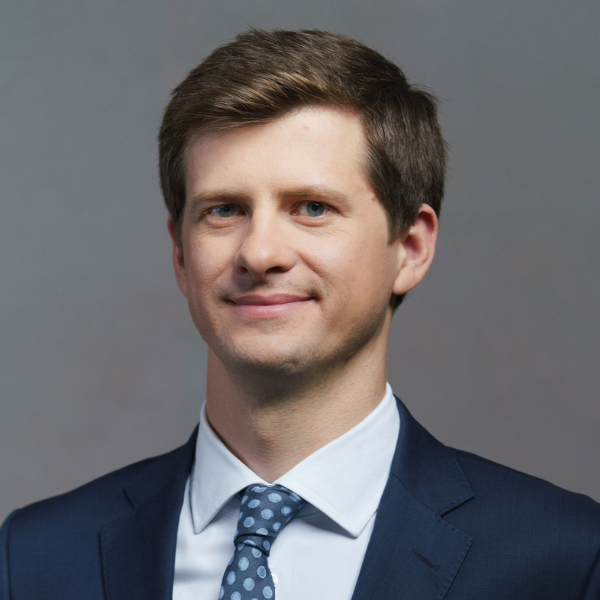The EMFin helped me relaunch my career, get abreast of how the industry was transforming and take a more confident self back to the workforce.
Jan Chakravarthy

You graduated with an MBA at INSEAD in 2010. What made you decide to do a Master in Finance seven years later?
I took a career break of about two and a half years and moved geographies (from the UK to India). I knew that I wanted a career in Finance and wanted more in-depth skills and a more focused network. The EMFin helped me relaunch my career, get abreast of how the industry was transforming and take a more confident self back to the workforce.
Did the EMFin programme meet or exceed your expectations?
The EMFin met my expectations in some aspects and exceeded them in some others. Having been in the MBA, I had some idea of the solid core classes that would be taught (and had the pleasure of being in Prof. Hillion's class again). What I didn't expect was how practical and immediately applicable some of the material was and the variety of experience that my classmates brought to the classroom. A lot of our discussions went well beyond course material and I found the programme to be very relevant in the classroom.
How did the EMFin help you in your career?
I was in a new country, post a career break, with a limited network. I was out of the workforce for over two years and doubted myself in every step. Being back in the classroom helped me regain confidence and be bolder in approaching the job search process. Within two modules, I was offered three jobs in two different countries. I am now in a role that I'm very happy with. I've also found that my network has broadened and I'm able to have career conversations with more people in the industry.
Do share with us your thoughts on the quality of the professors.
INSEAD has inspirational professors who, not only bring their academic rigour to the classroom but also have very insightful ways of marrying what is happening in the industry to what we learn. I believe that this comes from all the work that they do with Management teams in the industry and the emphasis on asking 'what’s next' for the industry. As a participant, the learning is cemented together with applicable real-life examples and hence, making it long-term learning.
What are your classroom experiences like?
Over the modules, I learnt what a wonderful and talented group of professionals I had the privilege of being a part of. What I like about the INSEAD classroom experience is that the learning comes from multiple avenues - classroom, group work, assignments and conversations over drinks and food.
Can you share more about the Leadership Capstone? How has it benefited you?
The Leadership Capstone was nothing like anything I've done in the past. I loved the leadership and communication in Finance class and still watch the videos that we took then to tweak my presentation style and presence. The simulations were highly engaging and given that I work in a bank, I have a newfound respect for the treasury team. The big takeaway for me to look out for opportunities in the future to work on my communication style and to look for opportunities to be part of a Board.
Can you share the multi-campus experience – elective at Fontainebleau and meeting other participants from the INSEAD Executive MBA programme?
One of INSEAD's strengths is the multi-campus experience where participants are able to experience studying in France and Singapore (both great campuses but very different experiences). I had some experience of this in the MBA and I was glad to have this opportunity again. What was unique in the EMFin was the opportunity to work with Executive MBA participants. What I loved about working with them was the different perspectives that they brought to many of us who had careers in the Financial Services. I also really enjoyed the chance to do electives in different areas like Data Science.
How did you manage work and studies at the same time, given that the EMFin’s modular format requires you to take time away from work to attend classes?
I would be lying if I said that it was easy. As I had a new job after I started the programme, my employer and I agreed on the time away from the office as part of my interviews. However, what that meant was having to push myself very hard and not take a single day off except for classes. My son was nine months old when I started the programme and travelled with me for each module; that had its own challenges! I think the modular programme made me stronger, more focused and I'm glad that I made the decision to do the programme despite how difficult it seemed at first.
What advice will you give to people who are undecided between the MBA or EMFin?
The EMFin is a great programme for someone who is already building a career in Finance and wants to stay in Finance in the near to medium term. The MBA, and I can say this from my experience, is for those that want to make a radical career shift. The MBA has a structured and established careers programme that allows participants to get into companies' leadership programme etc. The career support for the EMFin is more along the lines of executive coaching (I really enjoyed this aspect of it) and for longer-term incremental career development and change.




